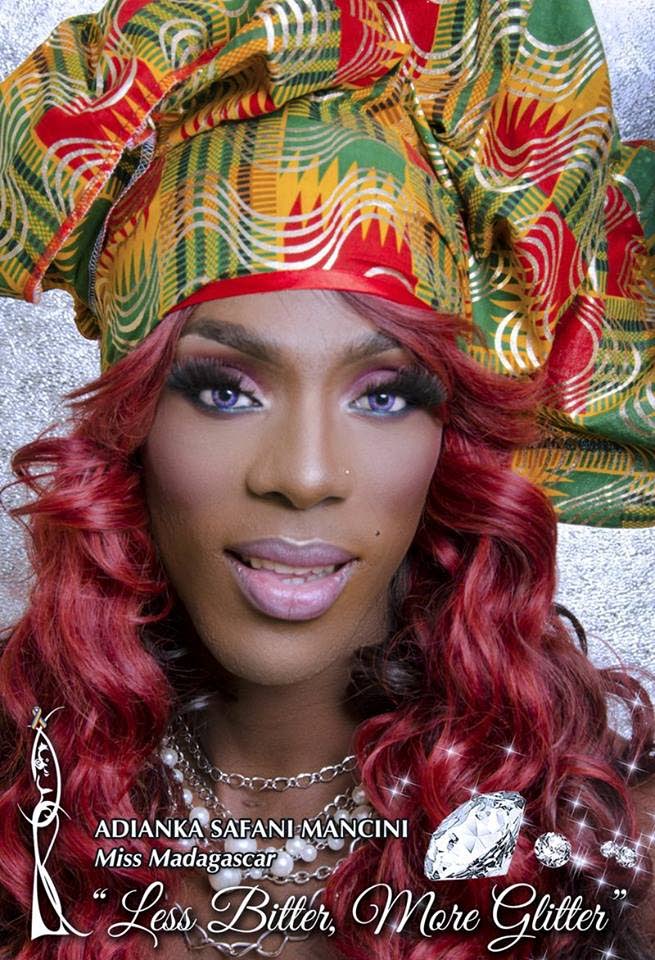Sasha Fierce, an agent for change

For several months, up to the time of her death, Sasha Fierce, aka Keon Allister Patterson, worked towards educating the local LGBTQI community about HIV/AIDS. LGBTQI stands for lesbian, gay, bisexual, transgender, queer or questioning, and intersex.
One person who knew her said Fierce was previously a sex worker and felt strongly about HIV prevention and management, as she knew the risk of her former occupation.
Her latest job was as a peer educator with the LINKAGES Project funded by the United States (US) Agency for International Development (USAID) and the US President’s Emergency Plan for AIDS Relief (PEPFAR).
The project provided support for people who belong to their “key” population including sex workers, men who have sex with men, people who use drugs, and transgender people, as they were a section of the population most affected by HIV because they operate on the margins of society.
A LINKAGES co-worker said Fierce started working with the project in August and was with them until she was shot and killed at Nelson Mandela Park, St Clair on December 5.
She said that in October, Fierce reached 20 members of the key population, and supported a few who were victims of violence. In November, she reached 17 people, including three who were tested, supported six people already known to be positive, and two whom she encouraged to go to an outreach centre providing care for sexually-transmitted infections.
“What Sasha did was work with people one-on-one and, because she had a lot of respect in her community, she was ideal as an agent of change. She was one of the more productive persons on the platform. Sasha was doing really good work.”
She believed Fierce felt strongly about the project because she had similar experiences to those with whom she worked.
She said many members of their key population had no support from their family, or if they did, they and their family were ostracised so they ended up on the street. Also, if people noticed that they were different or found out they had HIV, no one wanted to employ them. Therefore, they clung to each other and formed communities.
“With all the glitz and glamour in the community, all the make-up and fun, many times their family alienates them. There is a collective experience most persons have – being born male but feeling female or vice versa. Sometimes our families and the people of TT are not prepared to treat with persons who are different.”
Luke Sinnette, a social worker with the LGBTQI organisation Friends for Life, had high praise for Fierce’s work with LINKAGES. He said, “Her emotional intelligence was a bit more. I think she understood it was not just about her, that she was part of a movement and it needed to happen. In the process she affected a lot of lives.”
Agreeing with Fierce’s co-worker, he said many trans-women had limited employment opportunities, and sex work ended up being one of the few options available to them...and it was lucrative. “I think she knew if you are out there (as a sex worker), there is a huge risk to it, so it was important that she talk about the risk and how not to get HIV and ruin your life. And if you are positive, taking your medication on time, all the time.”
Sinnette said he met Fierce as Patterson about three years ago at a Caribbean Vulnerable Community Coalition (CVC) sex-positive workshop.
There, it was taught if you felt good about who you were and about your sexual orientation, you made better choices about sex.
He said Fierce attended many of their workshops, then joined the TT Trans Coalition, which Sinnette believed emboldened Fierce, who began attending workshops dressed as a woman.
Sinnette said around that time Fierce’s confidence grew. She wanted to go to school to become a social worker.
“If you were around her she would always make you laugh and she would go out of her way to make you feel good.”


Comments
"Sasha Fierce, an agent for change"